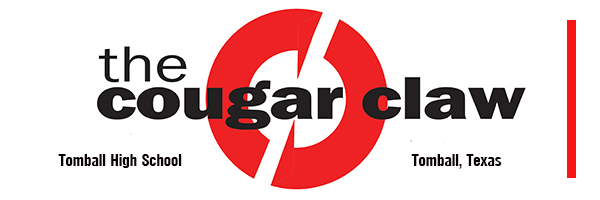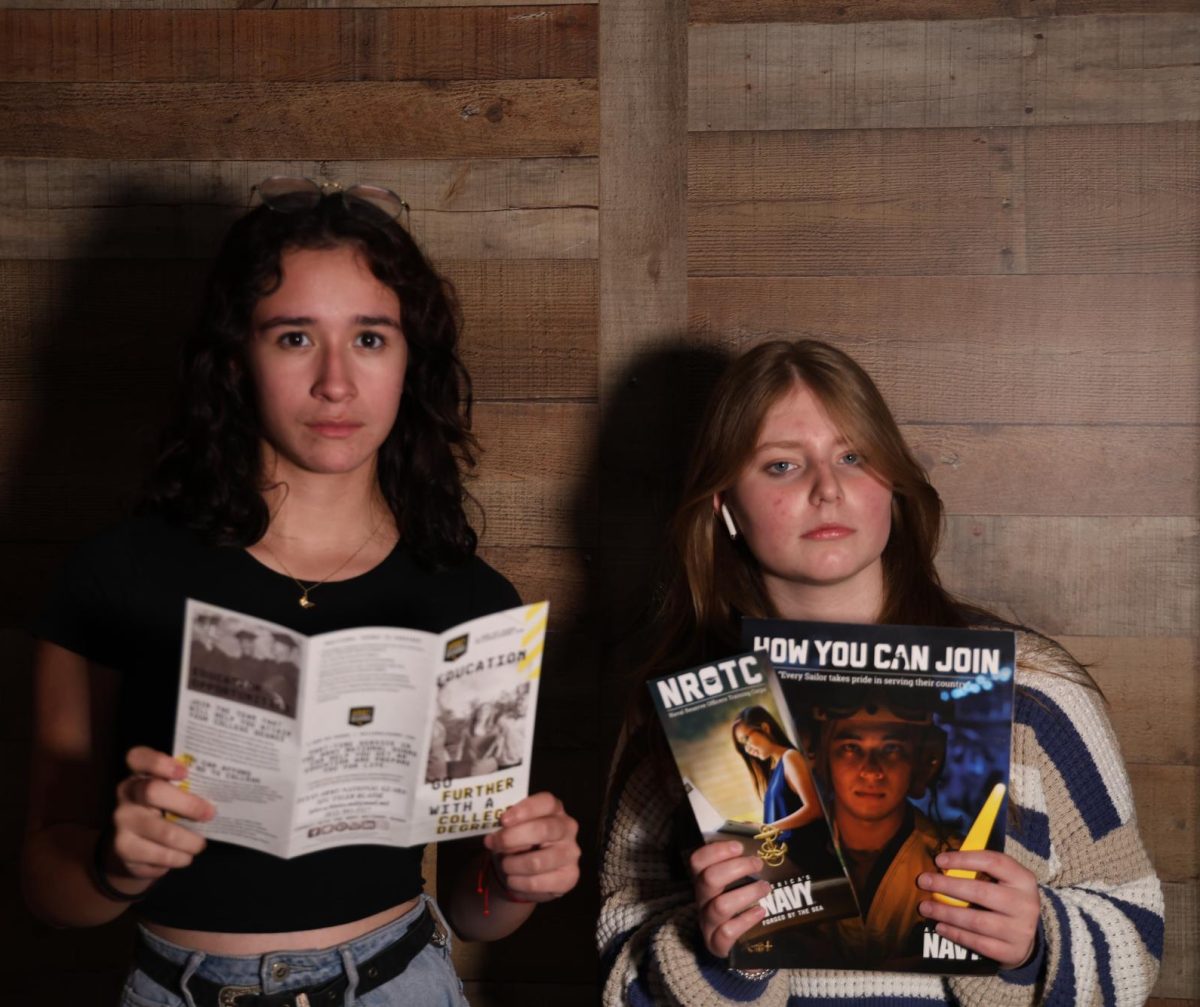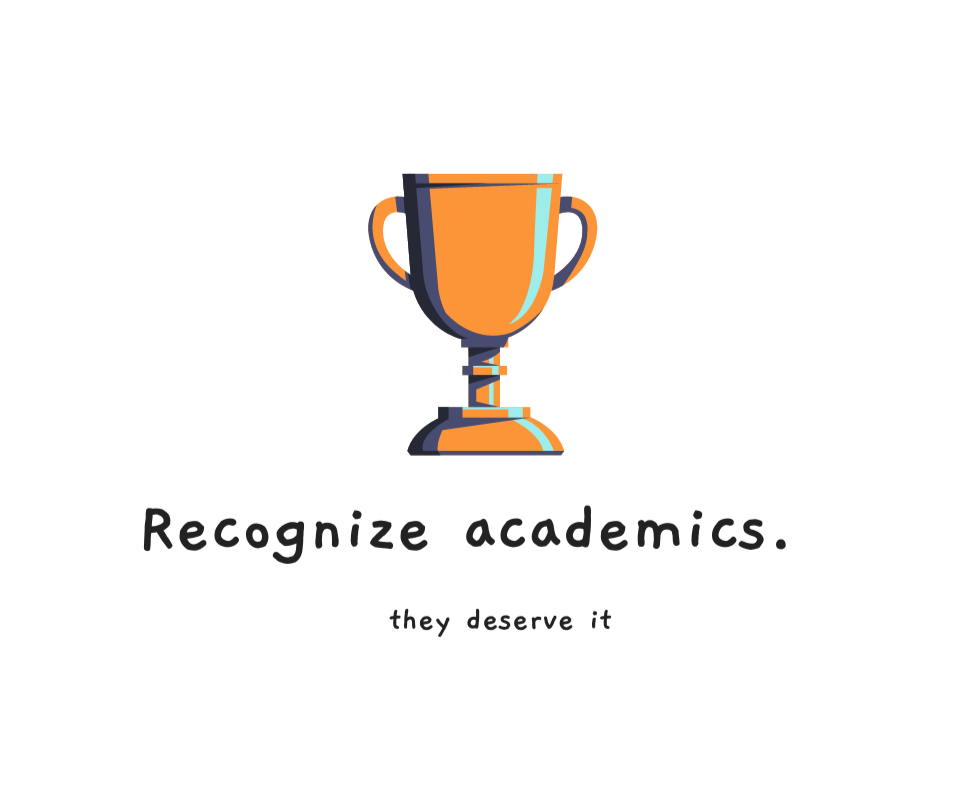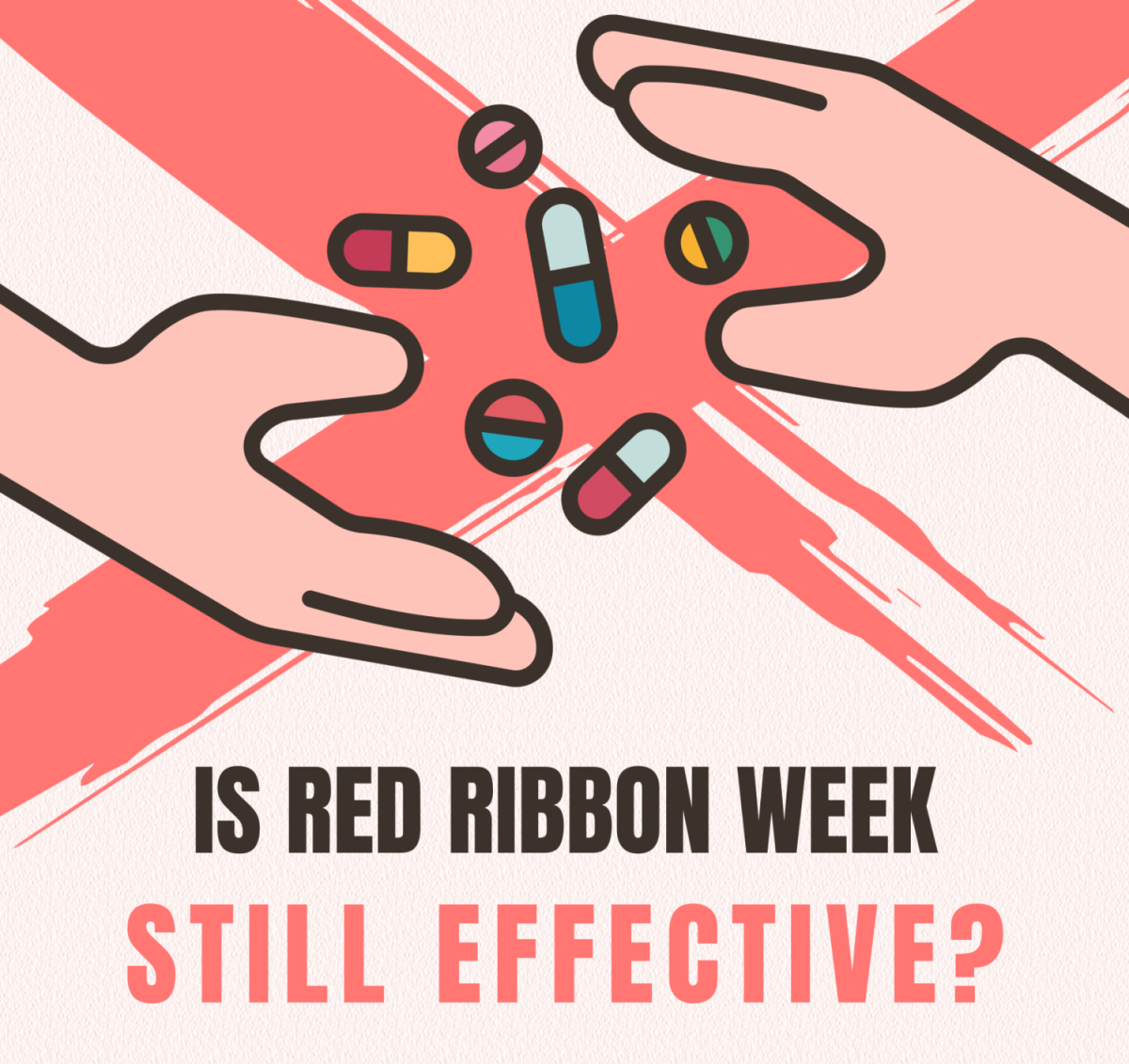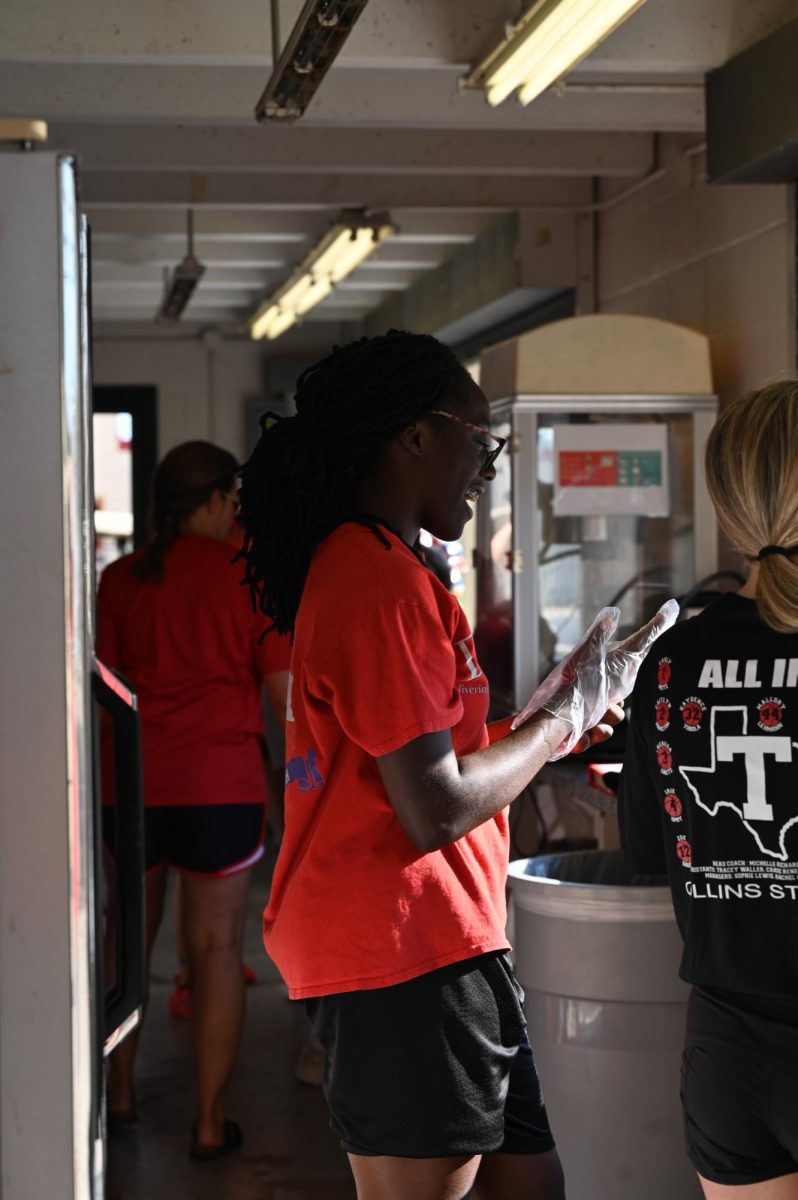“Someone could walk into this room and say your life is on fire, its all over the evening news, all about the fire in your life on the evening news,” written and sung much more elegantly by Paul Simon and most likely pertaining to relationships or love. Although high school students can relate in a different way, this is what getting ready for college is like.
The concept of college becomes abrupt in high school, and often much more public than desired – between parents, teachers and other students, this life towards college isn’t personal anymore.
Contrary to fire, my tears are wet – frustrated by the daily struggle between fullfilling my intellectual needs and what needs to be on my college application.
I’m aware that I’m not just sculpting myself to get into college, I’m sculpting myself for the future, creating the core dilemma of my high school career: What if I’m not prepared for college even after I take AP classes?
Somehow, high school students have been trained to believe that completing these classes is the epitome of success and the only component that will make a well-rounded young adult; this being just as or more important than the actual course itself.
I do not mean to convey the idea that AP classes need to be banished, because they have become essential for students who want to challenge themselves further than regular high school classes.
But it wasn’t always this way. In the 1990’s, only 5 percent of students enrolled in AP classes, and in the past decade that amount nearly tripled to 3.1 million in 2010. This is why I take AP classes – after sensing the initial heat of college, I realized I would have to differentiate myself from those who aren’t college bound.
I started to realize in regular on-level classes that myself and other students around me were “Doing School.” This doesn’t make me feel smart, even though pursuing it may make me appear that way, and only the part where I “hone” good grades makes me feel college-ready.
How do students avoid this system and find a way to initiate that spark? My first reaction was to take enough time to take AP classes but leave enough time to take a look around me. This way I could still be challenged and can pursue other interests.
Almost the same practice was demonstrated in a study where a teacher for a long period of time examined the thoughts and difficulties of a few students coping with this problem. One student resolved to join a program in her school called “The Community Project.”
The curriculum was co-created between the students and the teacher. The students chose themes they wished to study such as student presentations, readings and debates that would be done each month. Students worked together and took initiative to lead the lessons and in this class students focused on more in-depth conversations, worldly problems and comprehending topics on a different level.
For example, students read and discussed the book they were reading, debated censorship, held a community meeting to talk about fundraising for the Middle East and learned how to cook a Mexican meal – all in one week.
This took place all while working in groups and learning how to present things- essential skills for college
Schools should provide programs like “The Community Project” to develop analytical skills and worldly knowledge. A student should know how to support a point of view more convincingly, catch potential flaws in arguments, be able to make connections between different subjects, and have thought provoking conversations and use proper social skills on a daily basis; because students who know the importance of this understand the benefits for themselves and the college they’re applying to.
A study showed the lack of student participation provided by The U.S. Department of Education.
The percentage of seniors who read on their own “almost every day” dropped from 31 percent in 1984 to 22 percent in 2004, and only 50 percent of students stay after school to talk to a teacher.
Sometimes being more intellectually involved, and and even socially prepared isn’t as prominent on a college application as an AP class, but it’s just as crucial.
